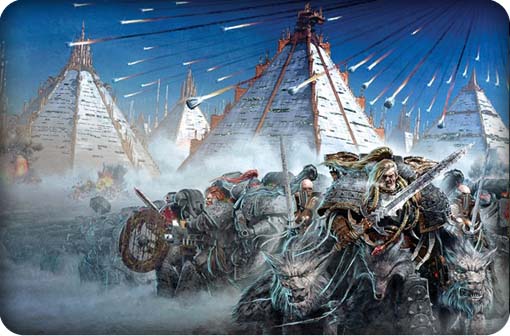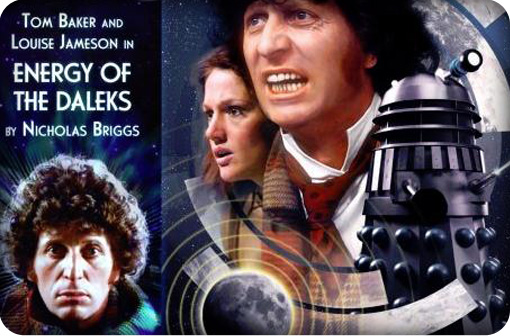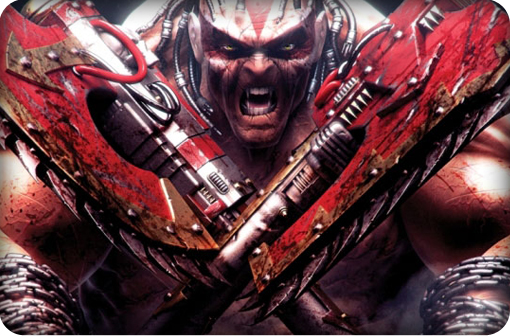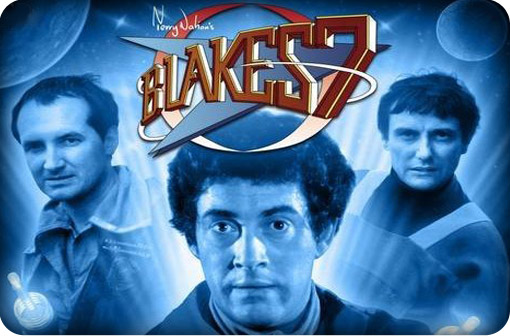Audiobook Review: A Thousand Sons + Prospero Burns / Publisher: The Black Library / Release Date: Out Now
The books A Thousand Sons and Prospero Burns were always intended as a duology covering the same incident; the sacking of the home planet of mystically empowered, egyptian themed space knights by a horde of nordic inspired techno barbarians. As the entire Horus Heresy series is a prequel to the well-known Warhammer 40K setting, fans will know the outcome way in advance. Luckily, these two audiobooks don’t use the backdrop of war to draw tension. Instead, both are tightly written, character focused tales that explore the reasons why such a battled happened.
The idea was that both books would be written simultaneously, Graham MacNeil writing A Thousand Sons and Dan Abnett covering Prospero Burns. Sadly, Dan took ill at the time (he has since recovered), which means the books weren’t written together; A Thousand Sons came first, and then Prospero Burns followed later. The result is not a duology, but two books that complement each other perfectly, telling different stories that just happen to share one or two scenes.
The two are a great choice for unabridged audiobooks, both are pretty dense and it’s easier to catch all the fine detail when a tale is told to you; Black Library have been getting increasingly better at producing regular audiobooks to go along with their most anticipated releases. This makes a lot of sense; their target audience is mostly people who like to sit down and paint models, and having a book read to you whilst you do so. Even better, the releases are unabridged, which means you can listen to the book whilst travelling and then dive into the actual book when it’s convenient to do so. The production values are as solid as always, and the narrators have been carefully selected to match the content; Gareth Armstrong’s strong yet excited tones are perfect for Prospero Burns and I know cannot read anything about the characters from A Thousand Sons without hearing Martin Ellis’s voice. The sound effects only appear when they enhance the text, as does the score.
McNeil’s A Thousand Sons is an epic tale of a good, loyal man who leads an army to victory, and then by caring too much, to ruin. In the post-heresy world of Warhammer 40K, the main characters are villains of the darkest kind. It’s a credit to the storytelling here that you feel sorry for these characters, and sympathetic to their plight. Fans will finish the book knowing that worse is yet to come for some of the heroes here, and will find themselves hungry for more. The pacing is a little bumpy; this is a tale of sorcerous warriors in a sci-fi setting, so there’s a lot of philosophy and pseudo-science that slows things down when you want it to speed up. However, it’s worth it for the insights into the more mystical side of the setting alone, and is a solid, yet tragic tale filled with surprises.
Prospero Burns is equally good, but set in a very different vein. We learn a lot about the other faction in this tale, the Viking like Space Wolves, and the world and culture they inhabit. This is a tightly packed sci-fi thriller, filled with strange phenomena and fortean weirdness. What it doesn’t feature much of is the planet Prospero on fire. Which is all right, as Prospero Burns is a story about the build up to that seminal event. This is a tale of epic bards, spies, lies and big burly space marines hitting things with sci-fi inspired axes. I like the central character an awful lot, and I felt that the whole book adds additional depth and colour to the ongoing Horus Heresy series.
Both McNeil and Abnett love to sneak in sly references and clever puns, however, I found two character names, Kallista Eris and Kasper Hauser, to be a little bit too knowing, though I admit that’s a very minor niggle when faced with two great tales written by authors at the top of their game.










